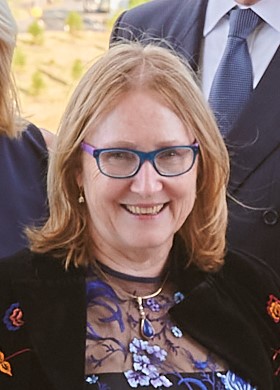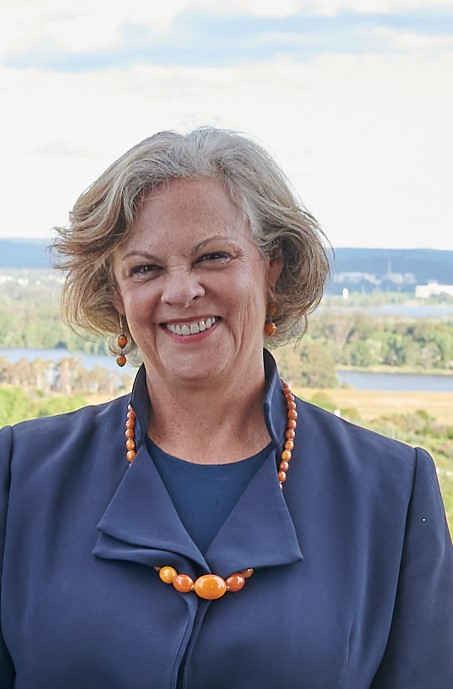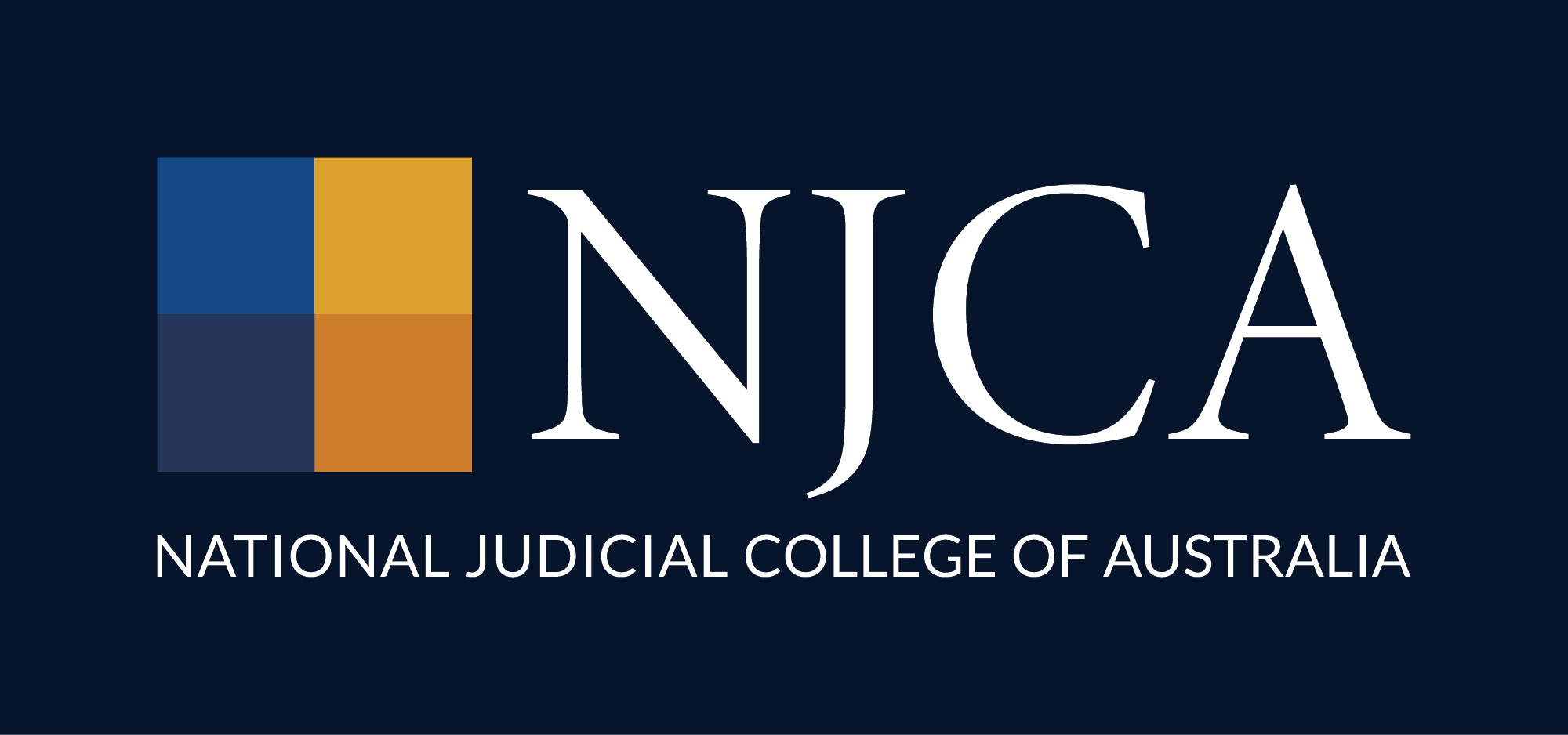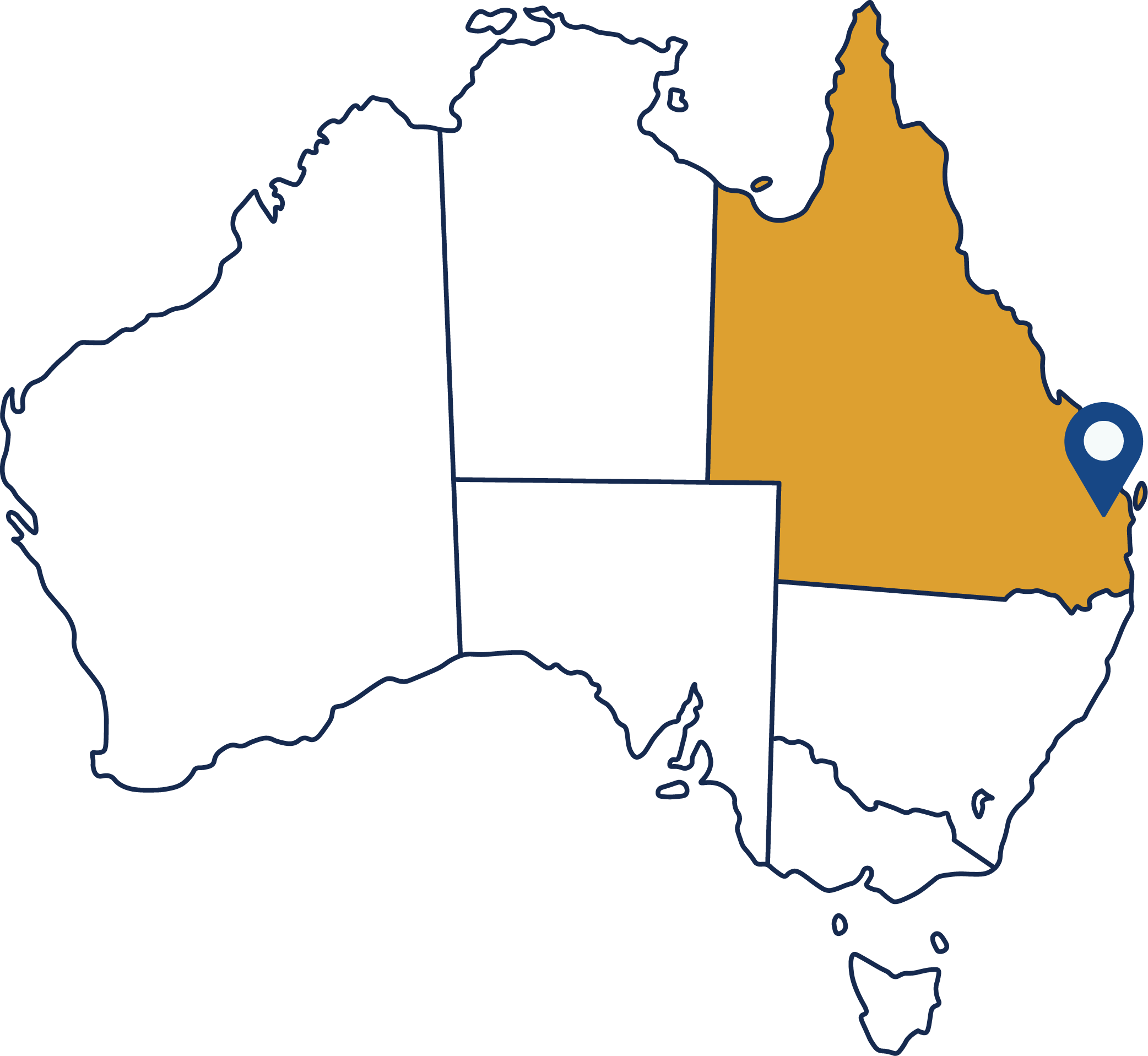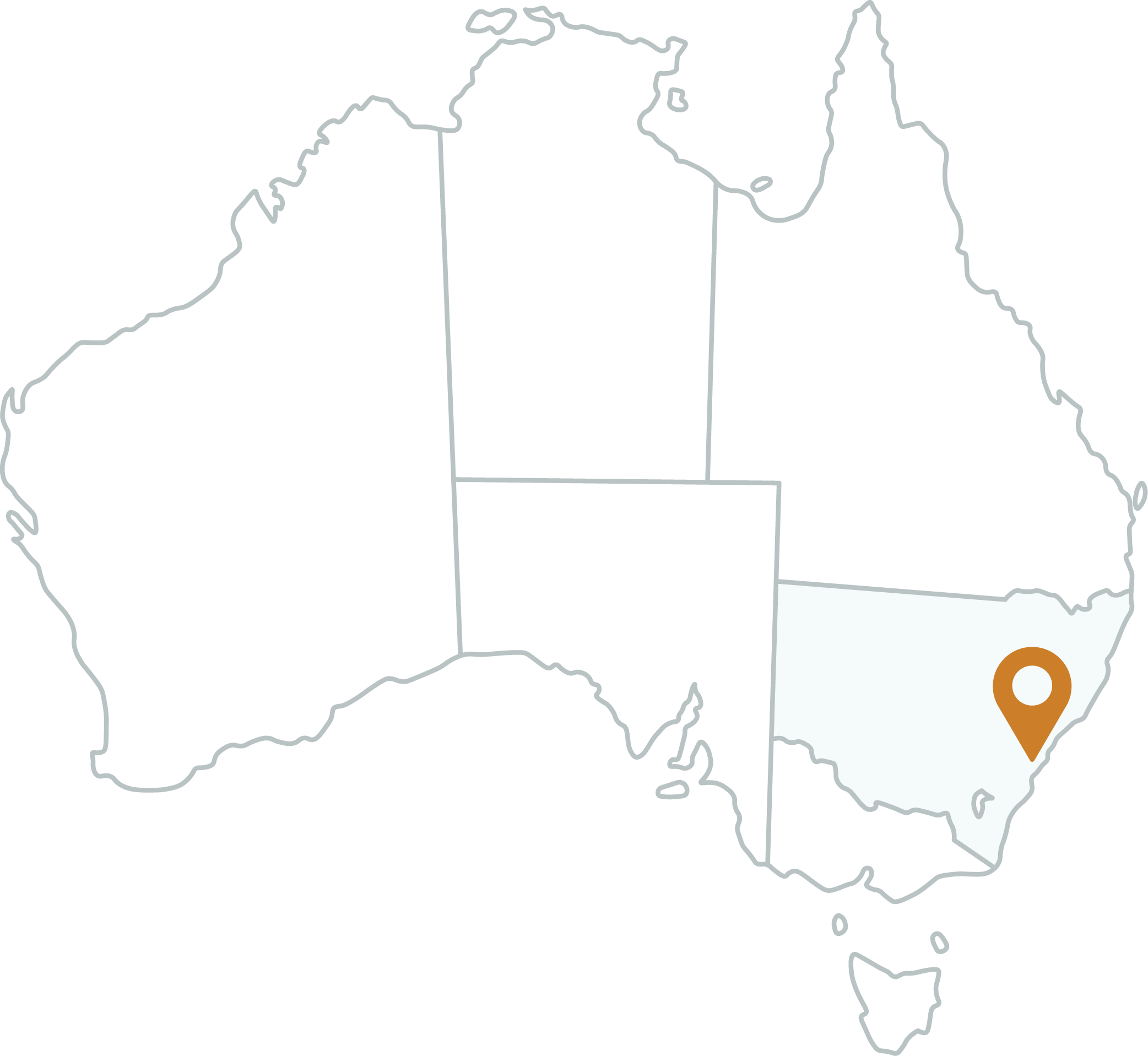6–8 Aug 2025
Brisbane
$2500
Judicial Officers
Writing Better Judgments II, August 2025
“The single greatest concern for almost all judges is their number of outstanding judgments. You can easily trace a judge’s mood by the number of outstanding judgments they have at any given time.” Justice Robert Beech-Jones, NJOP keynote address, 2024
Our WBJ II program is the second program in the NJCA’s pathway for excellence in judgment writing. This program provides an opportunity not only for participants to revisit the principles of issues based judgment writing, but to move from those general principles to more nuanced ideas along with a deeper dive into the key tools that produce effective decisions. Program sessions and group workshops are focussed on enhancing judicial practice through the production of timely, well-crafted legal writing and reasoning.
Why you should attend this program?
This program is open to those judicial officers who have previously completed Writing Better Judgments I and have 3-5 years of experience on the bench.
Plenary presentations along with intensive small-group work provides the opportunity to identify individual goals for improvement with assistance and feedback from experienced judges and authors. Sessions will focus on the writing process through which correct, clear, concise, coherent and convincing judgments are delivered. Participants will learn to edit in stages for clarity, tone and voice and to help readers navigate through the judgment and to grasp its logic more easily. In addition, presenters and facilitators will unpack what it means to write with confidence, courage and compassion with the goal of enabling participants to take their judicial writing skills to the next level.
The judicial learning outcomes of this program are judge-centric; practical and readily usable knowledge and skills targeted at improving individual judicial officer confidence and writing ability and in turn, productivity. Participants will explore the following essential questions:
- Can I write less while maintaining coherence?
- Should I listen to my unconscious mind and if so, when?
- How can I write judgments so as to maximize both speed and correctness?
- How can write with cognitive empathy and compassion?
- How to truly write with both courage and confidence and without fear of correction on appeal?
How will these skills help your court?
“There is little point in issuing a purportedly perfect judicial decision well after the match is over, the lights in the stadium have gone off, and everyone has gone home. An untimely judicial decision is deeply imperfect. Irrespective of its content, it is flawed and unjust. It may be legally right, but it is also, always, judicially wrong.” Justice Jayne Jagot, NJOP 2023
The objective of timeliness remains both fundamental to the judicial function and to societal expectations and public confidence in the courts.
A court “speaks” through its judgments as they are records of the legal, social and political history of the time. But judgments must be just, efficient, timely and cost-effective; this program recognizes that being “quick” does not come naturally to any judicial officer. In recent decades there has been a discernible shift at, notably, the high and intermediate court levels in discourse around judicial delay in the production of judgments. While the judgment writing process has evolved so as to be considered as both an art and craft, the overarching need for both speed and correctness are now paramount.
What will you learn at this program?
By the end of this Program, participants will:
- Evaluate the institutional and community pressure upon the modern judge for speedier justice
- Demonstrate an increased awareness of issued based thinking, planning and reflection
- Identify and apply the means of writing with both speed and correctness through effective architecture
- Revisit the 5 C’s and apply the additional 3C’s – confidence, courage, compassion
- Exercise the requisite amount of cognitive empathy in judgment writing
- Consider your unique audience and their needs by employing the right tone and authorial voice
- Edit in layers for improved clarity, conciseness, while maintaining appropriate tone and voice
- Identify and apply effective tools to manage judgment load, procrastination and timely judgment delivery.
Program inclusions
Travel and accommodation are not included.
Meet your Program Planning Committee
